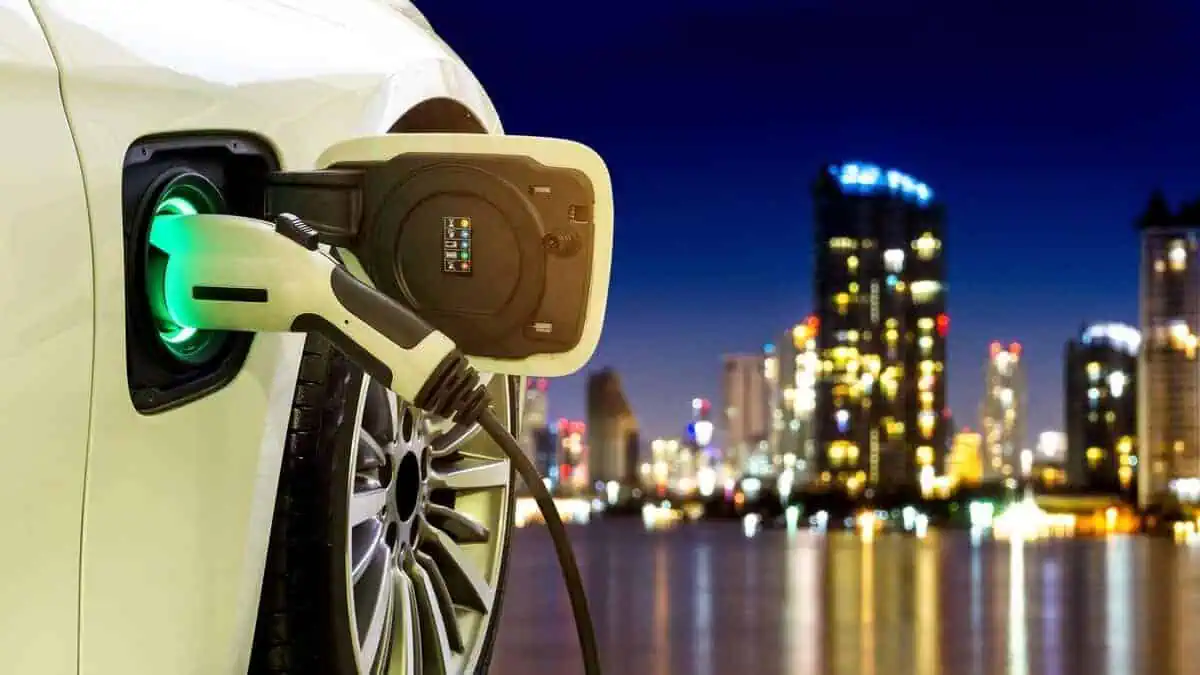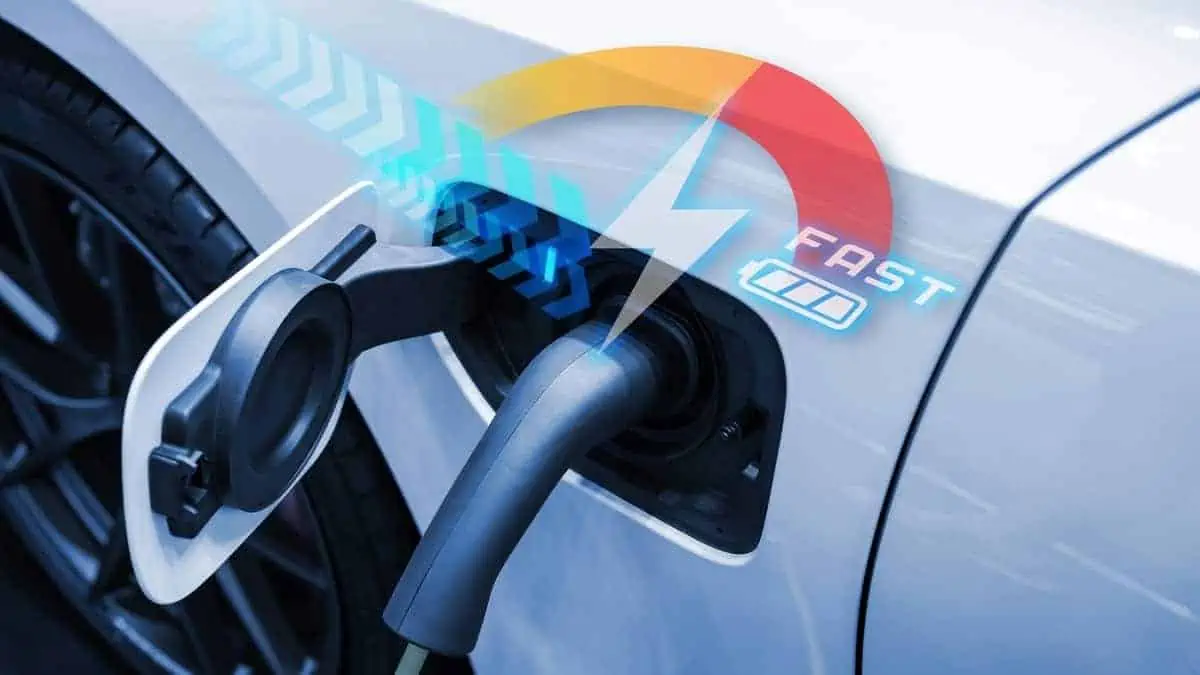President Joe Biden recently announced electric vehicle incentives under the Inflation Reduction Act. This initiative attracted many automakers to manufacture their products in the United States.
Furthermore, this law could potentially initiate a multibillion-dollar massive drive, considering that these automakers qualify for the set criteria under the Inflation Reduction Act.
For instance, we reported on the recent partnership of Japan’s Honda and South Korea’s LG. The two companies announced a joint investment of $4.4 billion in the United States to produce li-ion batteries for Honda electric vehicles in the North American market.
Here are the essential criteria for automakers to qualify for the federal tax incentives as listed by Quartz:
- “A vehicle’s battery components are manufactured or assembled in North America.
- A vehicle uses critical minerals that were extracted or processed in the US or countries with which the US has a free trade agreement or uses critical minerals that were recycled in North America.
- The final assembly must take place in North America.”
Notably, the IRA’s emphasis on increasing US production is primarily intended as a hindrance against obtaining essential components and materials from China.
Even though greater domestic production benefits American-made electric vehicles, some automakers could be affected negatively.
As mentioned in the criteria, the IRA’s subsidies will ultimately be lost by automakers who buy their components from China, manufacture their cars abroad, or do both. Their products risk losing their competitive edge as a result. Therefore, their products face the risk of losing their competitive edge.
The whole world is worked up about the IRA
China did not accept the newly passed law lightly. According to Bloomberg, China’s ministry of commerce claimed that the IRA “discriminates against similar imported goods and is a suspected breach of the World Trade Organization principles” while warning of retaliatory response.
The law is viewed as a “betrayal” to South Korea’s companies, including Hyundai and Kia. President Yoon Suk-yeol has repeatedly expressed his objections about the measures to Biden. The Korean Confederation of Trade Unions has also branded them as “unilateral” and “US-centric.”
The IRA regulations also eliminated automakers from Japan who did not pass the criteria. Consequently, a Japanese lobby has voiced concern over the unfair incentive system.
Additionally, German automakers like Porsche and Volkswagen would no longer qualify for the credits.
US trade representative Katherine Tai stated, “We have not sworn off market opening, liberalization, and efficiency. But it cannot come at the cost of further weakening our supply chains, exacerbating high-risk reliances, decimating our manufacturing communities, and destroying our planet. The need for correction is clear, and industrial policy is a part of that re-balancing effort.”
Another effect of the IRA is that manufacturing and jobs are moving to the US. As reported by Quartz:
- “Volkswagen and Mercedes-Benz announced plans to build or source EV components in the US or Canada.
- Hyundai is investing $10 billion in the US, including $5.5 billion in an EV and battery plant in Georgia, and affiliate Kia will produce EVs in the US come 2024, too.
- Toyota expects to start battery production in the US between 2024 and 2026, manufacturing enough lithium-ion batteries to power 1.2 million EVs annually at full functionality.
- US electric carmaker Tesla may shelve its battery factory plans in Germany to make-in-America instead.”
Consequently, there is fewer electric vehicle eligible overall. Other provisions of the IRA concern international and domestic manufacturers, even while the strict manufacturing requirements disadvantage EVs built outside the US. The pool of potential buyers is reduced, according to Fitch ratings:
- “Single filers who make <$150,000 per year or joint filers with household incomes <$300,000
- Passenger cars that cost <$55,000, and trucks, SUVs, and vans that cost <$80,000.
- Some used EVs will be eligible for a $4,000 tax, which could cut into sales of new ones.”
The report also indicated the summary of the most recent developments brought by the IRA:
- “$7.5 billion: Biden’s 2021 Bipartisan Infrastructure Law to build out a national network of 500,000 EV charging stations across the US. Of that funding, $900 million was allocated to build a network of EV chargers in 35 states in September.
- 5%: EV market share milestone the US crossed in July, considered tipping point before rapid growth
- $50 billion: Ford’s planned spending on expanding EV plans through 2026
- $35 billion: General Motors’ planned spending on its EV business through 2025
- 30%: less labor required to build EVs versus internal combustion engine cars, as per Volkswagen
- 6,000: EV fast-charging stations across the US
- 41,000: EV charging stations of all kinds
- 70%: share of EV models US automakers say won’t qualify for the bill”
However, citizens and automakers are apprehensive that some of them will be left behind by the US green vehicle push, just like in Indiana.
People of color are reportedly disregarded in Indiana’s draft plan for the deployment of electric vehicle chargers, according to the National Association for the Advancement of Colored People (NAACP). In fact, there were no allocated chargers in companies run by Black people.
Additionally, instead of concentrating on the neighborhoods, the new infrastructure is concentrated on the highways that pass through them.
“We want the economic benefits of these chargers too, the modernized grids so we don’t have so many power outages, to get our school buses off diesel,” Denise Abdul-Rahman, Indiana state chair for the NAACP’s environmental justice program, told the Guardian. “We don’t want two Indianas and two Americas, one with roundabouts and clean air and charging stations and another riding around in fossil fuel cars and breathing in all the pollution. We want a just transition.”






